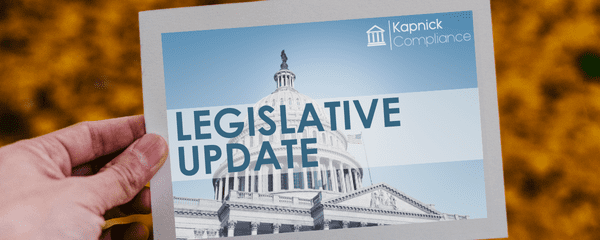
HIGHLIGHTS
- The IRS has announced the affordability percentage that will apply under the ACA’s pay or play rules for plan years beginning in 2024.
- This percentage (8.39%) is a significant decrease to the affordability threshold.
- ALEs will need to consider this affordability percentage in developing their health plan contribution strategies for the 2024 plan year.
- ALEs may need to lower the amount employees have to contribute for 2024 to meet the lowered percentage.
On Aug. 23, 2023, the IRS issued Revenue Procedure 2023-29 to index the contribution percentage in 2024 for determining the affordability of an employer’s plan under the Affordable Care Act (ACA). For plan years beginning in 2024, employer-sponsored coverage will be considered affordable under the ACA’s pay or play rules if the employee’s required contribution for self-only coverage does not exceed 8.39% of their household income for the year.
PAY OR PLAY RULES
The ACA’s pay or play rules require applicable large employers (ALEs) to offer affordable, minimum-value health coverage to their full-time employees (and dependents) or pay a penalty. The affordability of health coverage is a key point in determining whether an ALE will be subject to a penalty. An ALE’s health coverage is considered affordable if the employee’s required contribution to the plan does not exceed 9.5% (as adjusted) of the employee’s household income for the taxable year. This percentage is adjusted annually based on health plan premium growth rates in relation to income growth rates.
In recent years, the affordability percentage has been adjusted to:
- 9.61% for plan years beginning in 2022
- 9.12% for plan years beginning in 2023
- 8.39% for plan years beginning in 2024
The affordability test applies only to the portion of the annual premiums for self-only coverage and does not include any additional cost for family coverage. Also, if an employer offers multiple health coverage options, the affordability test applies to the lowest-cost option that provides minimum value.
Because an employer generally will not know an employee’s household income, the IRS has provided three optional affordability safe harbors that ALEs may use to determine affordability based on information that is available to them: the Form W-2 safe harbor, the rate of pay safe harbor and the federal poverty level safe harbor.
IMPACT OF DECREASE
For 2024, the affordability percentage significantly decreases to 8.39%. This means that the employer-sponsored coverage for the 2024 plan year will be considered affordable under the pay or play rules if the employee’s required contribution for self-only coverage does not exceed 8.39% of the employee’s household income for the tax year.
This is another substantial decrease in this percentage and is the lowest this percentage has ever been set (at more than 1% below the statutory affordability percentage of 9.5%). Employers should review their 2024 employee contributions to ensure that they meet one of the ACA’s affordability limit safe harbors if their goal is to avoid affordability penalties. It is notable that the FPL affordability safe harbor differs for calendar and non-calendar year plans.
QUESTIONS?
Reach us at info@kapnick.com




